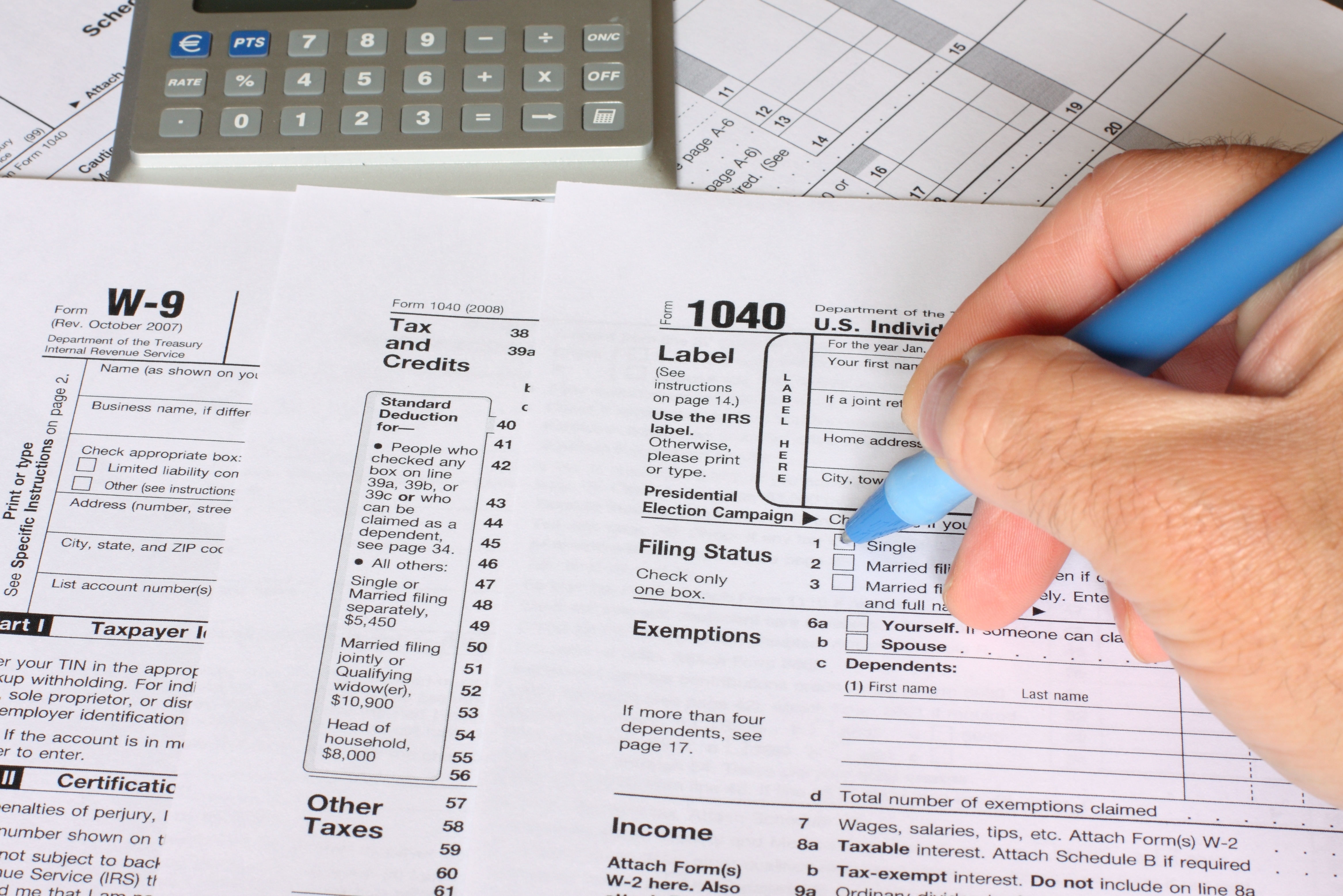Tax Season for Missouri LLCs and Kansas LLCs is upon us.
It’s the most wonderful time of the year—tax season is officially here! While you might not agree with the first part of that statement, the second part is not up for debate—when April 15th hits, will your small business be ready to file? We’ve prepared a few tips to help you prepare your business for tax season this year.
- Know your tax distinction. First of all, it’s important to know how the IRS sees yours business. This is usually determined when you set up your LLC. An LLC has the unique status of allowing the owners to choose how they will be taxed. As we’ve talked about in previous blogs, these distinctions also require different bookkeeping roles throughout the year. Whether you are a sole proprietor/partnership, an “S” corporation or a “C” corporation it will distinguish what tax rules you need to follow. It’s important to look up your LLC’s tax election and/or check with your CPA to make sure you are following the correct guidelines for your designation. Partnership and “S” corporation requirements (a/k/a flow-through) will have each partner report income, losses, deductions and credits on their personal tax returns based on how much of the business each member owns. “C” corporation requirements treat your business as a separate taxpayer or entity.
- Retrieve last year’s tax returns. Unless this is the first time you’ve filed taxes for your business, you will always need the prior year’s return to complete the current year. Dig this out of a drawer or file cabinet, wherever you place your important documents, and review carefully. Last year’s return will list carryover amounts and depreciation schedules.
- Get your books in order. Whether you use an accountant, an online system or paper and pencil, make sure your bookkeeping is up to date. Account for all income, including earned interest on savings accounts. Make sure you have reviewed your inventory and totaled the cost of all goods sold. Don’t forget to include all expenses such as mileage, advertising, depreciation, professional fees and insurance. Get a printout of the balance in the company’s income and expense accounts.
- Review the operating agreement. Any changes in the way profits and losses are assessed to each member over the past year can change the way taxes are assessed and paid. Make sure to reflect any differences in the new return, and record changes in your meeting minutes.
- Schedule a professional review. After collecting the information above, it’s important to have a professional with expertise in small business review your return. This might include an accountant and an attorney who can explain to you the details of what you are filing and to make sure that you are receiving the tax and risk-protection benefits your company needs to remain successful.
At LexLaunch.Com, our legal professionals can give you the peace of mind you deserve when filing taxes for your small business. We can go through each step with you to ensure that you are taking the correct steps to shield your small business from risk for years to come, and we’re more than happy to help you find a great CPA in your area if you haven’t already. Give us a call today at (816) 434-6610 or click here for more information.
